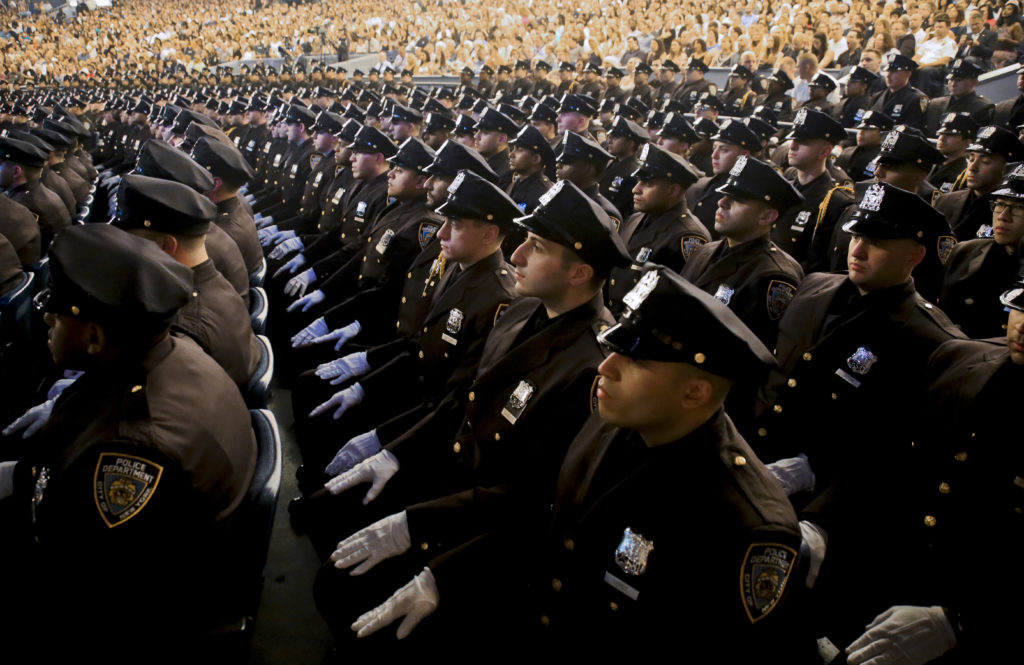More than 50 Brooklyn cops have been sued at least four times, data shows

More than 50 Brooklyn police officers were hit with four or more federal civil rights lawsuits between January 2015 and June 2018, costing the city millions of dollars in settlements, according to a database compiled by The Legal Aid Society.
In East New York’s 75th Precinct – where cops were sued 94 times, more than twice that of the next-most-sued precinct – one dozen cops were named as defendants on four or more lawsuits.
David Grieco – a notorious Brooklyn cop known as Bullethead – set the pace at the precinct, with eight federal lawsuits filed against him and a grand total of 32 lawsuits in which he was a defendant, according to the database.

Brooklyn Boro
View MoreNew York City’s most populous borough, Brooklyn, is home to nearly 2.6 million residents. If Brooklyn were an independent city it would be the fourth largest city in the United States. While Brooklyn has become the epitome of ‘cool and hip’ in recent years, for those that were born here, raised families here and improved communities over the years, Brooklyn has never been ‘uncool’.